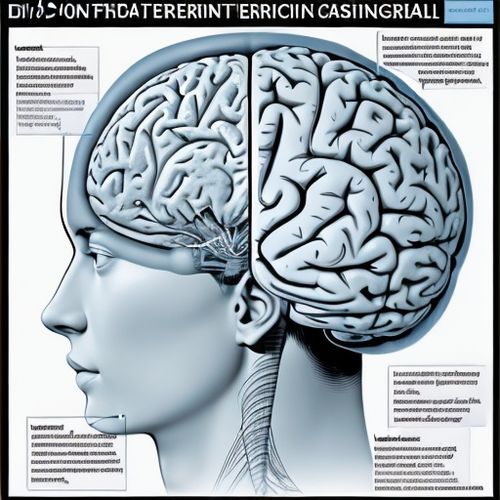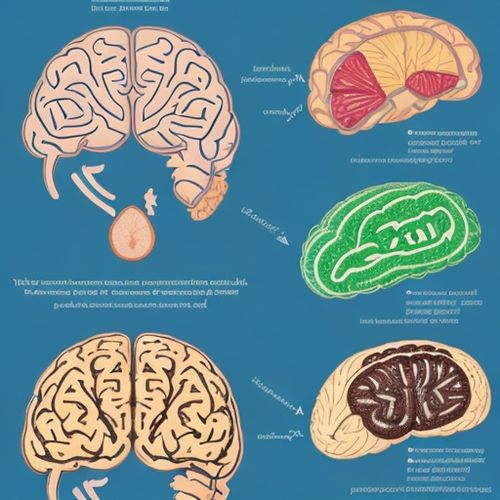In recent years, the United States has seen a growing trend of drug shortages, with the situation potentially worsening due to proposed tariffs on imported medications. The US generic pharmaceutical industry, which supplies approximately 90% of the nation's medications, is particularly vulnerable to these tariffs. This article explores the potential consequences of such tariffs on the availability of essential medications and the broader implications for public health.
The Role of Generic Drugs in the US Healthcare System
Generic drugs are crucial to the US healthcare system. They provide affordable alternatives to brand-name medications, making healthcare more accessible to millions of Americans. These drugs are especially important for the treatment of chronic conditions such as cancer, cardiovascular diseases, and infectious diseases. However, the industry operates on thin profit margins, with intense global competition driving down prices.
The Tariff Proposal and Its Potential Impact
The US government, under the Trump administration, has been considering imposing tariffs on imported drugs. The administration argues that such measures could force pharmaceutical companies to manufacture more drugs within the US, thereby reducing dependency on foreign suppliers. However, the generic pharmaceutical industry has raised serious concerns about the potential consequences.
Increased Costs and Reduced Profitability
Tariffs would significantly increase the cost of importing raw materials and finished drugs. For an industry already struggling with low profit margins, these additional costs could make certain medications unprofitable to produce. According to the US Association for Accessible Medicines (AAM), the tariffs could force some manufacturers to halt production of certain drugs. This is particularly concerning given that many generic drugs are already in short supply.
Supply Chain Disruptions
The global supply chain for generic drugs is highly interconnected. Many generic drugs are manufactured in countries like India, which is the largest exporter of generic medications globally. Raw materials for these drugs are often sourced from China, which supplies a significant portion of the world's active pharmaceutical ingredients (APIs). Disruptions in this supply chain due to tariffs could lead to severe shortages of essential medications.
The Reality of Drug Shortages in the US
The threat of drug shortages is not hypothetical. According to the American Society of Health-System Pharmacists (ASHP), the US experienced a record high of 323 drug shortages in the first quarter of the previous year. The proposed tariffs could exacerbate this situation, particularly affecting low-margin drugs such as certain cancer treatments and antibiotics.
The Broader Public Health Implications
The potential shortage of essential medications poses a significant risk to public health. Patients who rely on these drugs for life-saving treatments could face increased morbidity and mortality rates. Additionally, the financial burden on the healthcare system would increase, as alternative treatments are often more expensive. For instance, a 25% tariff on a generic cancer drug could increase the cost of a 24-week prescription by $8,000 to $10,000. This would disproportionately affect uninsured patients and could lead to higher insurance premiums for those with coverage.
Industry and Stakeholder Responses
The generic pharmaceutical industry has been vocal in its opposition to the proposed tariffs. The AAM has warned that such measures would not benefit patients and could compromise the security of the healthcare system. Some pharmaceutical companies have also explored the possibility of shifting production to other countries or increasing domestic manufacturing capabilities. However, these solutions are not immediate and would require significant investment and time.
The potential imposition of tariffs on imported drugs represents a significant threat to the availability and affordability of essential medications in the US. The generic pharmaceutical industry, which is already grappling with low profit margins and supply chain vulnerabilities, could be severely impacted. The resulting drug shortages would have far-reaching consequences for public health, affecting patients, healthcare providers, and the economy as a whole. It is crucial for policymakers to carefully consider the long-term implications of such tariffs and to explore alternative strategies to enhance the security and resilience of the US pharmaceutical supply chain.

By Lily Simpson/Apr 23, 2025

By Lily Simpson/Apr 23, 2025

By George Bailey/Apr 23, 2025

By Ryan Martin/Apr 23, 2025

By David Anderson/Apr 23, 2025

By Victoria Gonzalez/Apr 23, 2025

By Benjamin Evans/Apr 23, 2025

By Christopher Harris/Apr 23, 2025

By Olivia Reed/Apr 23, 2025

By Emma Thompson/Apr 23, 2025

By John Smith/Apr 23, 2025

By Emily Johnson/Apr 22, 2025

By Samuel Cooper/Apr 22, 2025

By Olivia Reed/Apr 22, 2025

By Sophia Lewis/Apr 22, 2025